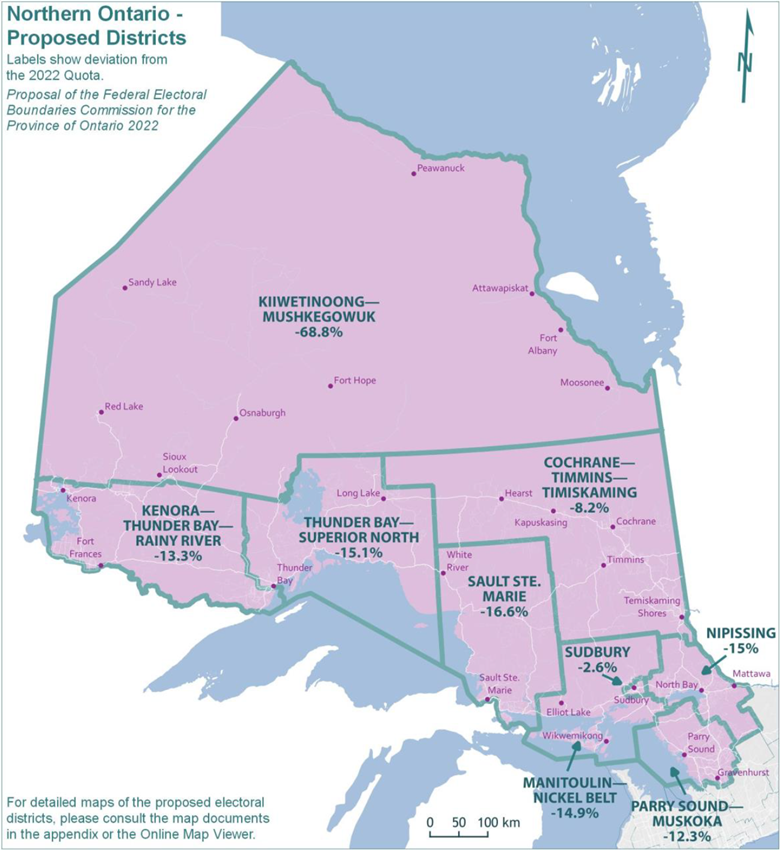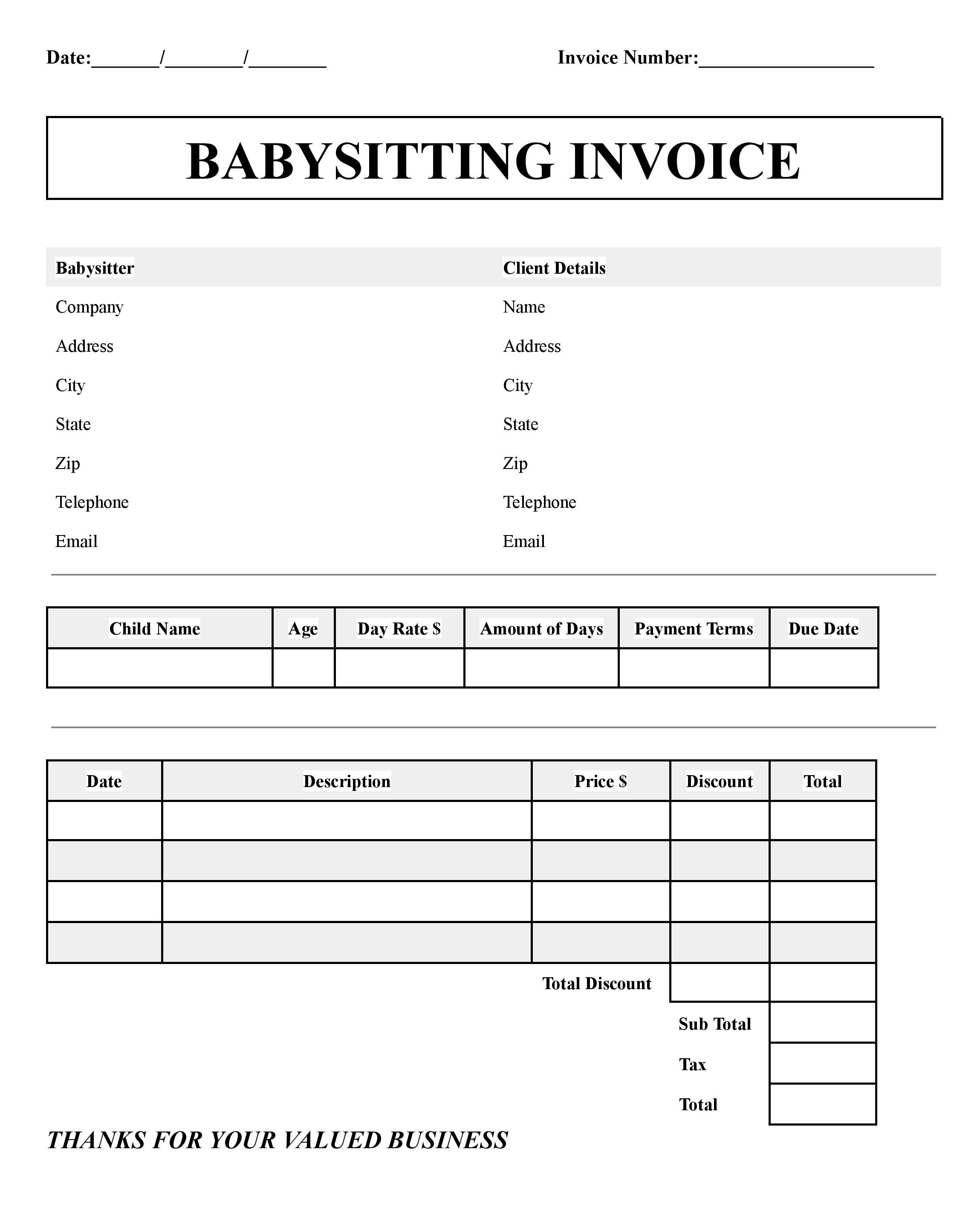Daycare Decisions: Protecting Your Child's Development In The Early Years

Table of Contents
Assessing Your Child's Needs and Developmental Stage
Before you even begin looking at daycare centers, it's essential to understand your child's individual needs and developmental stage. This will help you identify the best type of daycare and the most appropriate program for their age and abilities.
Considering Age-Appropriate Activities and Curriculum
- Look for age-appropriate toys, activities, and learning materials. A good daycare will offer a stimulating environment tailored to your child's developmental level. For example, toddlers will need different activities than preschoolers.
- Ensure a balance between structured learning and free play. While structured activities are important for learning, free play allows children to explore their creativity and develop social skills. The ideal daycare will strike a healthy balance.
- Consider developmental milestones relevant to your child's age. Research the daycare’s approach to helping children achieve key milestones. This ensures their curriculum aligns with typical developmental progress.
- Research programs with a strong focus on early childhood development. Look for a curriculum that emphasizes learning through play, social-emotional development, and early literacy and numeracy skills. Consider programs that use proven early learning methodologies.
Identifying Specific Learning Styles and Needs
Every child is unique. Understanding your child's individual learning style and needs is crucial in choosing the right daycare.
- Does your child thrive in a structured or more flexible environment? Some children flourish in highly structured environments, while others prefer more flexibility and freedom.
- Does your child have any special needs that require specific attention? If your child has special needs, ensure the daycare has the experience and resources to accommodate them. Look for daycares with inclusive practices and specialized training.
- Does your child learn best through hands-on activities or more passive learning? The best daycare will offer a variety of learning methods to cater to different learning styles.
- Investigate the daycare's ability to accommodate these needs. Don’t hesitate to ask specific questions about how they adapt their programs to meet individual needs. A good daycare will be happy to discuss their approaches.
Evaluating Daycare Centers and Providers
Once you understand your child's needs, it's time to evaluate potential daycare centers and providers. Thorough evaluation is crucial for making safe and effective daycare decisions.
Licensing, Accreditation, and Safety Regulations
Safety should be your top priority when selecting a daycare.
- Verify the daycare's licensing and accreditation. Licensing ensures the daycare meets minimum standards of safety and care. Accreditation signifies a higher level of quality and commitment to best practices.
- Check for compliance with relevant safety regulations. This includes things like fire safety, emergency procedures, and child-to-staff ratios.
- Look for evidence of regular safety inspections and emergency procedures. Ask to see their safety inspection reports and emergency plans.
- Research the daycare's background and reputation, and look for reviews. Online reviews and word-of-mouth referrals can offer valuable insights into a daycare’s quality and safety.
Teacher-Child Ratio and Staff Qualifications
The quality of the staff is paramount to a positive daycare experience.
- Check the teacher-to-child ratio; lower ratios generally mean more individualized attention. Lower ratios allow teachers to provide more personalized care and attention to each child.
- Inquire about staff qualifications, experience, and training in early childhood education. Look for teachers with relevant qualifications and experience working with young children.
- Look for evidence of ongoing professional development. A commitment to ongoing training demonstrates a dedication to providing high-quality care.
The Physical Environment and Facilities
The daycare's physical environment should be safe, clean, and stimulating.
- Assess the cleanliness and safety of the daycare facility. The facility should be clean, well-maintained, and free of hazards.
- Ensure the play areas are well-maintained and age-appropriate. Play areas should be safe, stimulating, and appropriate for the age of the children.
- Evaluate the availability of outdoor space and other resources. Access to outdoor space is beneficial for children's physical and cognitive development.
- Check for age-appropriate security measures and access. Ensure the daycare has robust security measures in place to protect the children.
Understanding the Costs and Making a Budget-Friendly Choice
Daycare costs can vary significantly. It’s important to understand the financial implications and plan your budget accordingly.
Exploring Different Daycare Options (In-Home, Center-Based, etc.)
Different daycare options cater to diverse needs and budgets.
- Compare costs of various options. In-home care is often less expensive than center-based care, but may offer fewer resources.
- Consider factors beyond tuition, such as additional fees and transportation. Some daycares charge extra for things like snacks, field trips, or supplies.
- Inquire about financial assistance programs or subsidies. Many communities offer financial assistance programs to help families afford daycare.
Negotiating Fees and Payment Plans
Don't hesitate to explore options to make daycare more affordable.
- Don't be afraid to negotiate fees if possible. Especially if you are committing to long-term care, negotiation may be possible.
- Inquire about payment plan options. Many daycares offer payment plans to make it easier to manage expenses.
- Research available discounts or special offers. Some daycares offer discounts for siblings or early registration.
Building a Strong Relationship with the Daycare Provider
Open communication is key to a positive daycare experience.
Open Communication and Regular Check-ins
Regular contact ensures you're always in the loop.
- Maintain open communication with the daycare provider. Don't hesitate to ask questions or express concerns.
- Schedule regular check-ins and meetings to discuss your child's progress. Regular check-ins will allow you to monitor your child's development and address any issues promptly.
- Ask for updates and feedback regularly. A good daycare will be proactive in communicating with parents.
Trust and Transparency
Trust is fundamental to a successful daycare partnership.
- Choose a provider you trust implicitly. You should feel comfortable leaving your child in their care.
- Ensure open and honest communication from the daycare. The daycare should be transparent about their policies and procedures.
- Look for a daycare that values transparency in all aspects of operations. This includes financial matters, disciplinary actions, and daily activities.
Conclusion
Making informed daycare decisions is vital for your child's development. By carefully evaluating facilities, staff, and curriculum, you can select a daycare that provides a nurturing and stimulating environment that best suits your child's needs. Remember to prioritize safety, quality, and open communication. Don’t hesitate to visit multiple daycares before making a final decision. Take control of your daycare decisions and provide your child with the best possible start in life!

Featured Posts
-
 Julia Wandelts Madeleine Mc Cann Claim Arrest And Investigation In The Uk
May 09, 2025
Julia Wandelts Madeleine Mc Cann Claim Arrest And Investigation In The Uk
May 09, 2025 -
 Nhl 2025 Trade Deadline Predicting The Playoff Picture
May 09, 2025
Nhl 2025 Trade Deadline Predicting The Playoff Picture
May 09, 2025 -
 Palantir Stock Before May 5th Is It A Smart Investment
May 09, 2025
Palantir Stock Before May 5th Is It A Smart Investment
May 09, 2025 -
 Federal Electoral Boundaries Understanding The Changes In Edmonton
May 09, 2025
Federal Electoral Boundaries Understanding The Changes In Edmonton
May 09, 2025 -
 The High Cost Of Childcare One Mans 3 000 Babysitting Bill And 3 600 Daycare Bill
May 09, 2025
The High Cost Of Childcare One Mans 3 000 Babysitting Bill And 3 600 Daycare Bill
May 09, 2025
